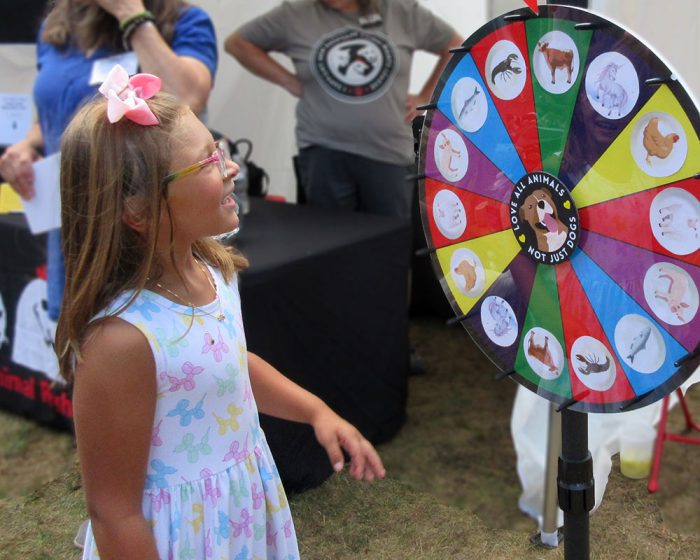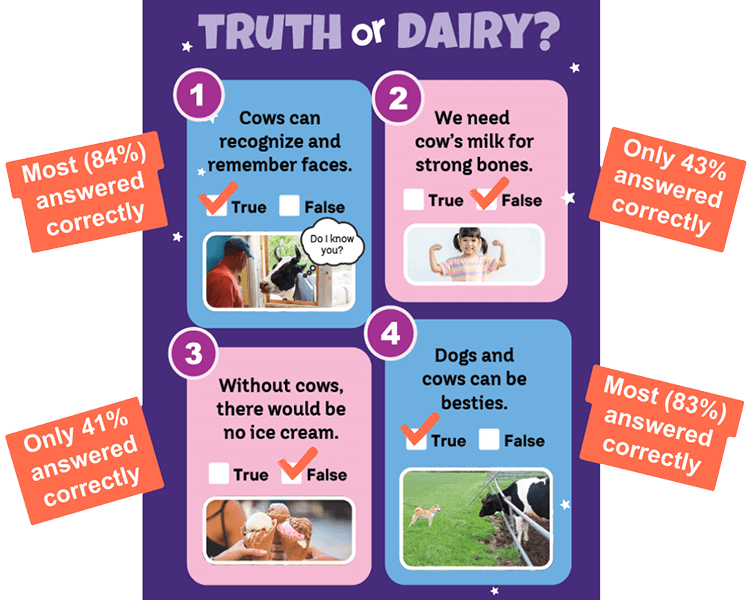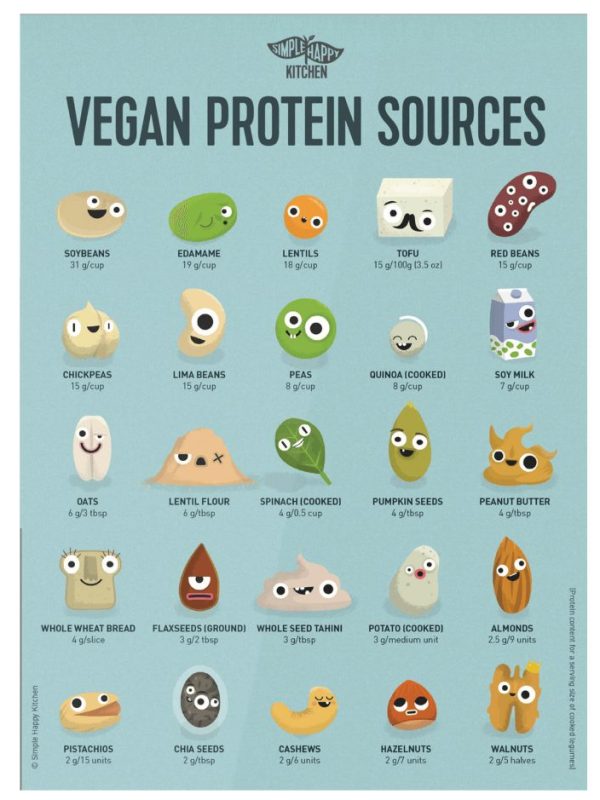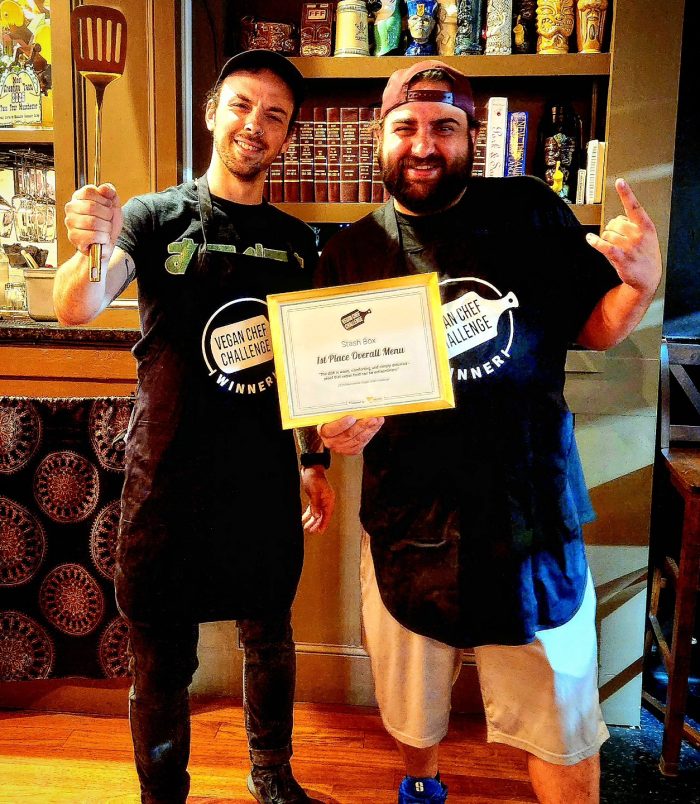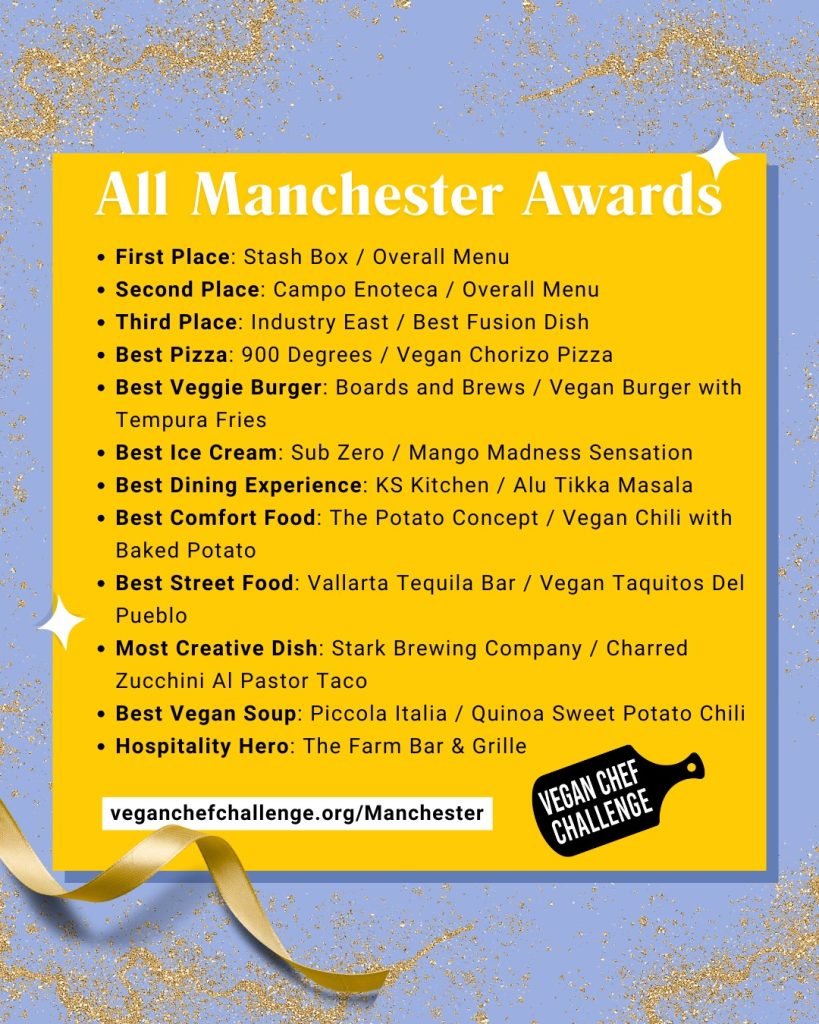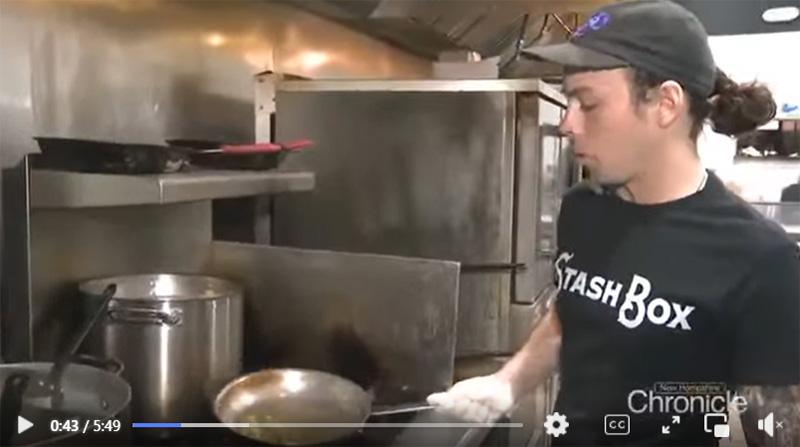Once again, the NH Animal Rights League’s annual summer outing, held September 6, 2025 at Four Tree Island, Portsmouth, was a big success.

We’re so grateful to our guests for bringing such delicious dishes to share. Also, special thanks to our wonderful volunteers — Carole, Dave, Kris, and Lyn — whose hard work setting up, tending the grill, and keeping things running smoothly made the event a success.
Old and new Friends
The summer outing is an opportunity for people who care about animals to connect with like-minded individuals. We were delighted to see so many new and old friends!
Ocean Plastic Harms Aquatic Life
Our theme for the event was, once again, the impact of ocean plastic on aquatic life. Guests were invited to participate in an Ocean Plastic Scavenger Hunt, while learning about how plastic trash and abandoned fishing nets/gear have turned the oceans into mine fields for animals such as turtles, dolphins, whales, and seabirds.
Thank you to everyone who participated — you cleaned up the island!

At the end of the scavenger hunt, the collected trash was weighed to determine the winner.
The most unusual find was not actually plastic, but something more silky…

Thank you!
A huge thank-you to everyone who joined us, brought such tasty dishes, and pitched in with donations. We couldn’t do this work for animals without your support. Rest up and we’ll see you next year!






